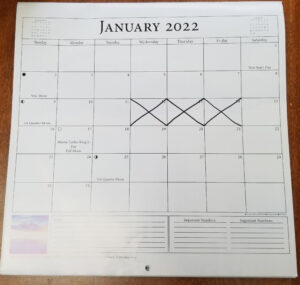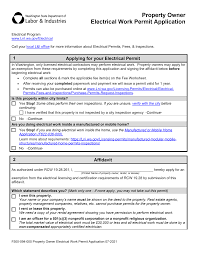Home Backup Battery FAQ
What is in a home battery backup system?
Home battery backup systems include a battery bank, an inverter system, and a charge controller/battery management system. Frequently the inverter and the charge controller/management system are integrated into a single component. Some also include solar panels for battery charging. Your exact system will vary depending on your needs and local code requirements.
Why would I want a home battery system?
Instead of a generator, which can be noisy and requires fuel and regular maintenance, many homeowners and businesses are choosing to install a backup battery system for protection against grid outages. Whether you have medical equipment in the home that needs power no matter what, or just want the peace of mind that you can charge your cell phone in a blackout, a home backup battery system can give you what you need. Many systems provide the convenience of automatic start, so as soon as the grid goes down the system will turn on – whether you are home, asleep, or away.
 How long can a battery system power my home during an outage?
How long can a battery system power my home during an outage?
We can design a backup power system to power essential loads (electrical items) for the number of hours or days you want to be prepared for. The exact amount of time will depend on how much power your items use during the outage. If you know how long and how much power you need, we can design an appropriate backup power system for you.
Concerned about extended outages? We can discuss recharging options such as solar or a generator that can recharge your system.
How do I know what my essential loads are?
An essential load is an industry term for the items you need to comfortably get through a power outage. For most people, this means that they select the items important to them to have power for a given amount of time. Not only does this make sure you have what you need, it ensures the most value for what you will be spending.
Are there different sizes of backup battery systems?
Yes! Battery backup systems are available both pre-sized and as a custom designed solution. Let us help you determine how much energy storage you need.
Are home battery systems safe?
 Yes. Not only are there more safety features available than ever before, there are more monitoring options and new chemistries that are much safer. To ensure the safety of our clients, instead of lithium-ion batteries such as the Tesla Powerwall, we only sell lithium iron phosphate (LiFePO4) batteries when lithium batteries are appropriate. LiFePO4 battery chemistry is just as effective as lithium ion, but in a way that significantly reduces heat produced and the risk of that heat causing a fire.
Yes. Not only are there more safety features available than ever before, there are more monitoring options and new chemistries that are much safer. To ensure the safety of our clients, instead of lithium-ion batteries such as the Tesla Powerwall, we only sell lithium iron phosphate (LiFePO4) batteries when lithium batteries are appropriate. LiFePO4 battery chemistry is just as effective as lithium ion, but in a way that significantly reduces heat produced and the risk of that heat causing a fire.
How long does a home battery system last?
Depending on the type of battery and quality of care, a backup battery system can last anywhere from 2-20 years. Many home battery systems that are designed for single family home use have warranties from 10-20 years when installed by a certified installer. As an owner, it is important to know about any required maintenance and follow all manufacturer and installer recommendations for ensuring your system’s maximum life expectancy.
Do I need solar to have a home battery system?
No! You do not need solar to be able to install a home backup battery system. But including solar means you save money on electricity while your utility power is up, and have a silent recharging source for your solar batteries when the grid goes down.
 Isn’t it cheaper to just install a generator?
Isn’t it cheaper to just install a generator?
Upfront, possibly. However, upfront cost is often not an accurate indication of value. With a battery backup system, you will have significantly fewer related costs over the life of the equipment. Generators require regular maintenance (such as oil changes) as well as ongoing fuel costs. Plus, generators must be run constantly to provide power creating noise and exhaust pollution.
Should I install batteries, a generator, or both?
If you have the option, batteries and a generator pair extremely well together and can provide power during extended utility outages. However, if you are looking for a silent, reliable, hassle-free system with “set it and forget it” capability, and only need emergency power for short periods a few times a year, you may be happier with just a battery backup system. If you’re looking for the lowest cost backup option and don’t mind the maintenance, a generator might be your best option.
Where are home backup battery systems installed?
Most clients with single family homes that have an attached garage install them there. If you have a detached garage, shop, or other location that is already connected to the home’s electrical system, these are all great locations as well. As a last option, you can add an extremely well insulated battery box outside the home. It is necessary that any batteries be temperature controlled, as well as away from central living locations where they may be damaged accidentally.
 Do I need a permit to install a battery backup system in my home?
Do I need a permit to install a battery backup system in my home?
Probably. Almost all local jurisdictions require and electrical permit to install a home backup battery system. Many also require a licensed electrician to do the work for you. Be sure to investigate your local requirements.
Aren’t home battery systems bulky and a lot to maintain?
No! As new technology has become available battery backup power systems are now smaller and require less maintenance than ever. With battery management systems, charge controllers, monitoring systems and auto-start features, new backup power systems are as smart and as functional as ever, meaning less need for maintenance or attention.
